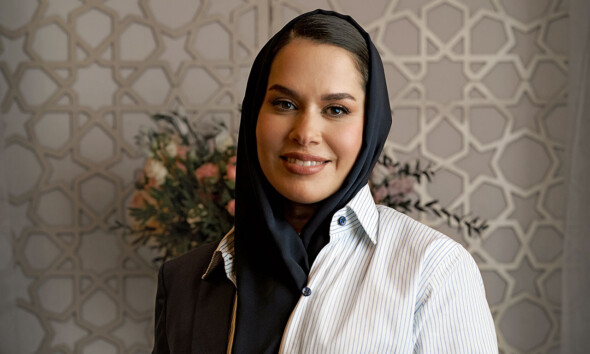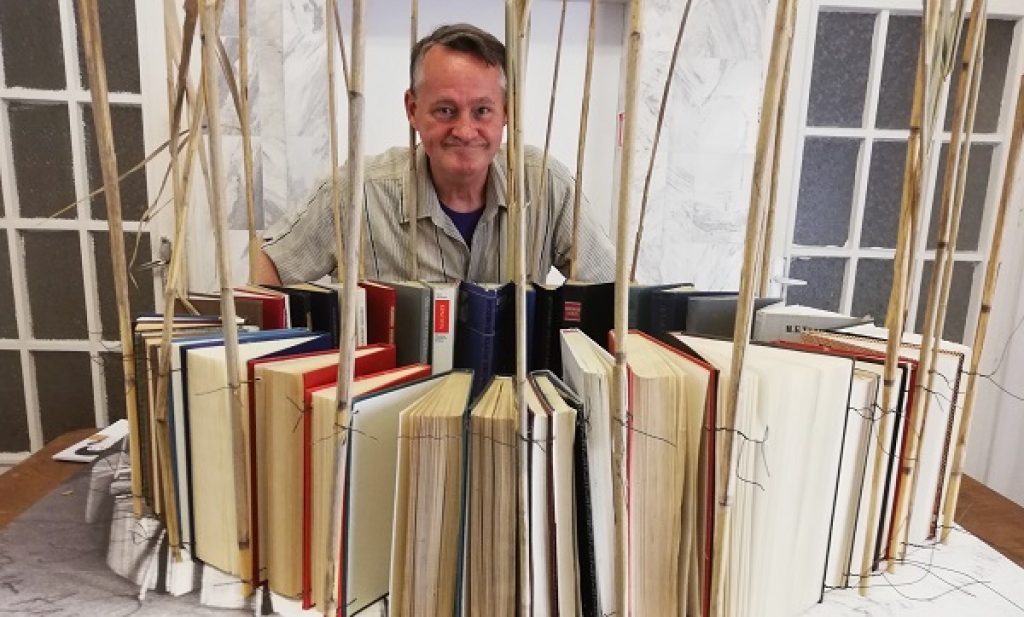Home » Interviews » Niels Hav: A Motto of Love and Pleasure is Necessary in This Day of Epidemics and Warfare
Interviews
Niels Hav: A Motto of Love and Pleasure is Necessary in This Day of Epidemics and Warfare
Published
8 months agoon
By
Huda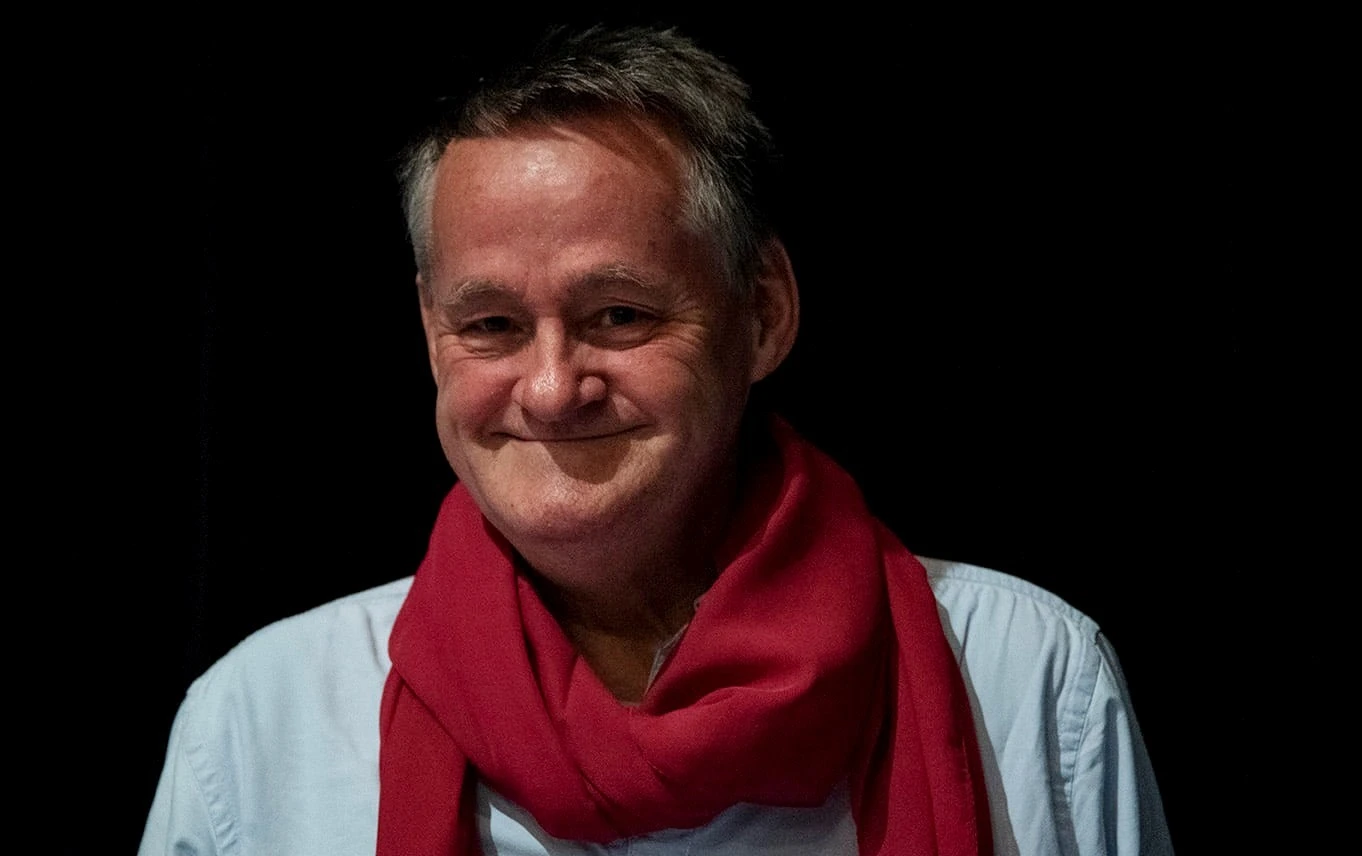
Niels Hav: A Motto of Love and Pleasure is Necessary in This Day of Epidemics and Warfare
Interviewed by: Mohsen Hassan
Scandinavian poets and writers are well-known for their conscious engagement with their surroundings and living environment, leading to remarkable prosperity in the international literary scene and various publishing houses due to their unparalleled diversity in atmosphere and details.
Tomas Tranströmer, a Swedish poet, and Jon Fosse, a Norwegian playwright, have both won Nobel Prizes in Literature in 2011 and 2023 respectively, showcasing the superior ability of the Scandinavian pen in capturing the depths of human emotion through embodiment, description, and representation.
Niels Hav, a Danish poet and storyteller, is gaining influence in Denmark’s poetry and narrative scene. His works feature simple language, natural imagery, and poignant imaginative images, reflecting philosophical and spiritual reflections, nature, cultural identity, and social and humanitarian themes.
Moreover, Niels Hav’s human and creative depth can only be fully described through direct contact with his poems and stories, as they provide accurate and honest descriptions. However, simplicity and realism are more appealing to him than dreaminess in its ivory tower.
His creative journey began with his interaction with Danish and international classical literature, particularly in poetry and prose. This fusion led to his influence on numerous short stories and poetic writings, including Anton Chekhov’s narrative style, Polish poet Czes Ermau Mi Ermus, and Australian critic Les Murray.
However, the transfer of epics, stories, and songs through inscriptions and writings in the old Scandinavian language, as well as his historical background, all influence him. He lives in a rural area surrounded by farms and rivers.
Niels Hav, an esteemed poet and storyteller from western Denmark, grew up on a farm and currently resides with his family in the Nørrebro area of Copenhagen, where he gained fame.
Numerous languages have translated his writings, including English, Italian, Spanish, Portuguese, Turkish, Arabic, Dutch, Serbian, Kurdish, Albanian, and Persian. He has won numerous national awards for his poetry and short story collections.
Hav’s book, containing selections and translations of over a hundred Danish poets and poems, showcases the cultural and literary interaction in Denmark over seven centuries. His diverse background, and participation in global events, travels, and media meetings contribute to his literary and human maturity and ability to spread knowledge.
Arabisk London contacted the poet and conducted this dialogue with him:
First of all, what has your audience in Denmark and beyond learnt from your recent poetry appearances?
Recently, Vancouver’s Anvil Press published my poetry collection MOMENTS OF HAPPINESS.
In this collection, there are several methods to describe the inconsistencies that exist between oneself and reality. We are going through the same stage as the globe right now, which is one of uncertainty, terror, and concern about the future.
In between the epidemic and the war, I found myself to be led by a lot of contradictions, odds, and confusing emotions.
The collection aims to express the value of happiness in life and its missing moments, which have become filled with sorrows from senseless wars.
It highlights the sacrifices made by innocent people, such as women, children, and youth, for the ancient madness of death. The words in this collection serve as a monologue to wasted happiness, which we yearn for more than ever before.
How does your poetry “WAR” in this collection express what Niels Hav feels?
I say in it:
The word war is banned in Russia, fortunately.
Words like anxiety, screams and bombs must also be banned.
The dumbest thing is to think.
The word invasion is already banned.
The army’s casual figures don’t exist.
Crying soldiers must not be mentioned.
Corpses and smashed children are banned.
The horror in basements and metro stations.
The word death is fortunately forbidden
Death is illegal in Russia.
In your perspective, how much have the current priorities of poetry and poets changed?
Poetry and poets’ primary concerns have shifted; today’s agenda centres on power, racism, human sexuality, and environmental preservation.
It is an overwhelming, dizzying news agenda that insistently imposes itself on poetry subjects and poets’ consciences, the shrieking voice of necessity that speaks to you about your fundamental personal concerns; poetic ambition has changed in light of global inequality and the dominant and insane classism.
The ultra-wealthy have gotten even wealthier, while inflation is stealing everything from the poor. As poets and common people, we understand that the world is wealthy and that, with fair sharing, there would be enough food and resources for everyone. However, we have lost justice because of leaders who are deaf, dumb, and oblivious to the suffering of others.
Let’s hope that our kids will learn from our mistakes, grow up, and make the world a more equitable place. All they have to do is listen to reason’s voice and follow its lead.
Is the dissemination of your poetry throughout Europe, particularly in the UK, meeting your expectations?
In North America, for some reason, a larger audience reads my works. It would make me extremely glad to share information with everyone and to be in greater contact with poets and literary organisations in the UK. Perhaps I ought to stay longer there.
In the past, Andersen’s children’s stories have dominated world culture. Do you plan to write on children’s literature or childhood in the future?
Andersen is our one-of-a-kind genius. He spent many weeks in London paying a visit to Charles Dickens. His experiences have captured the attention of the globe, and he can create novels for both adults and children concurrently. I wish I had that skill more. Everybody has a child inside them who yearns for wonders and magic. One day, I hope to nurture this infant and see it come into being.
English readers responded well to your collection of poetry, “We Are Here.” Why, do you think?
This is because actual writers Patrick Friesen and Per Brask did an outstanding job translating. They have been working on my work for decades, and we have a great understanding of one another. They came to see me in Copenhagen, and I went to festivals and events in the US and Canada with them. I’m hoping we can travel to the UK eventually.
Why is it that, in your literary milieu, you, Niels Hav, always choose not to be a member of any language school?
I grew up on a farm in the country, surrounded by animals and birds, maybe because of my rural upbringing. I never attended kindergarten, and I never received any instruction on how to pace and walk in time with the group curriculum. Being a soloist, I like performing by myself. To me, freedom is like gold; it’s necessary to stay self-sufficient. I’ve never understood why authors want to band together in groups. As poets, we are lone hunters.
Weakness and loneliness are universal human experiences. That is precisely the purpose of literature. Poetry is a personal discussion about life’s greatest mysteries with each reader. When we are alone, when something goes wrong, when our sorrows weigh on us, or when happiness overpowers us, poetry is there with a few straightforward yet moving lines.
In the next phase of this planet’s existence, what topic does Niels Hav think thinkers, authors, and poets should be focussing on?
Climate change is a pressing issue that will soon occupy a prominent position on the global agenda. Our current way of life is clearly endangering the planet and its atmosphere, and while politicians ignore these problems and act hypocritically, we desperately need to find new ways to live.
Because we now live on a delicate planet with a thin atmosphere and that there is a growing number of climate refugees, we desperately need a new utopia. The hyper-consumeristic attitude of the insane West is no longer rational, so I’m sure that poets and other artists will devote their attention in the upcoming years to efforts to address this crisis.
However, despite the profusion of poetry and books, continuous catastrophes and adversity afflict the planet. Do you think people any longer enjoy listening to knowledgeable people and wisdom?
Yes, our mentality has changed. For the person, what does this mean? Feeling cut off from the outside world. Sleeplessness and anxiety. As usual, entertainment and public media are available. The French historian François Hartog investigates the relationship between the past, present, and future. He concludes that we concentrate too much on the “here” and the “now.” Because our imaginations of a better future have us engulfed in the present and imprisoned in it, we are unable to predict the future without knowledge of the past.
However, I believe in the survival of the human spirit and am an optimist at heart. Young people still draw lessons from studying historical civilisations and apply them to contemporary situations that arise today. The Earth has a rich past and a promising future. Civilisations have existed here. We don’t have much time left on Earth, but let’s not mistake our biological age for the planet’s age and condition. The loveliest hope is that life will live on when we are gone.
What does love signify, in the end, in the literary and artistic life of Niels Hav? How do you feel about today’s world of literary and creative awards?
I have a deep-seated desire to see love and happiness prevail across the cosmos. Love is the foundation of the cosmos and our life, and I want to satisfy this thirst. We are all aware that without love, we are nothing. It is something that old philosophy and all religions teach us.
In all interpersonal connections, this is crucial. Everything else is meaningless if love is lacking. This is obvious to everybody. “Dark matter” and “dark energies” are concepts used in science. Maybe poetry should emphasise the universe’s deeper brilliance more. Prizes in literature and the arts are fine, but the greatest reward of all is to be loved, for that is the highest kind of pleasure.
The highest contentment
Happiness fades… and everything vanishes quickly
Give me, give me, give me— Sure, give it to me again
A serving… of the utmost joy
Right into the muscle of my heart
You may also read about Writer Sarah Al-Suhail to Arabisk London: Human Trafficking is the Most Horrific Crime Against Mankind, With Juvenile Recruitment into War is an Hourly Issue
You may like
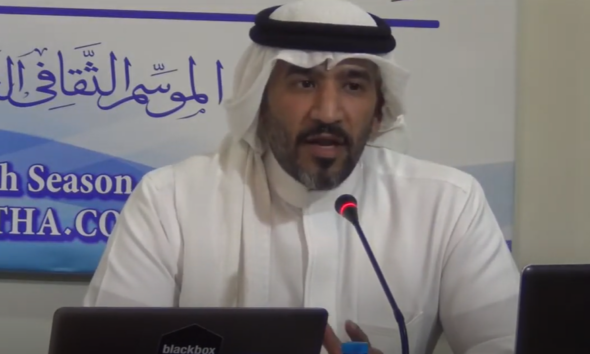
Ahmed Al-Badr the Saudi Businessman

Saudi Designers Ladies’ Role in the Fashion Revival & Vision 2030
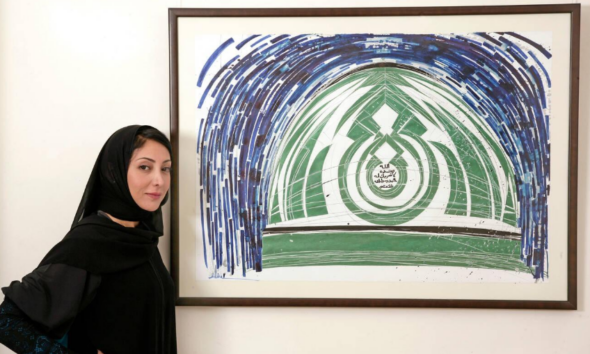
Lina Gazzaz: A Saudi Artist Who Painted History in Modern Colours!
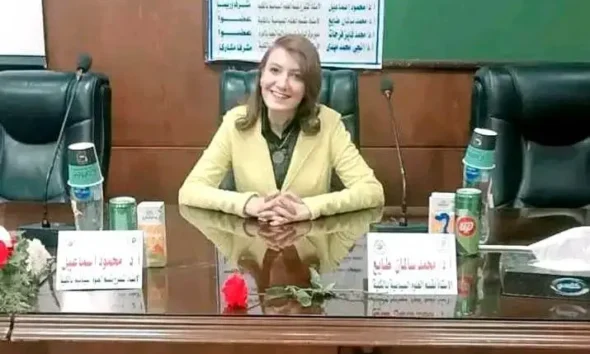
Terrorism Specialist Dr. Shimaa Samir: Multipolarity is Undermining Nuclear Deterrence, and it is Possible to Tame Extremist Ideology!
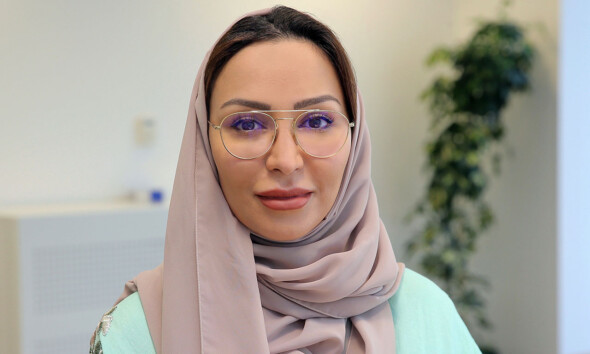
Daniah Orkoubi: A Saudi Entrepreneur and Technological Pioneer
